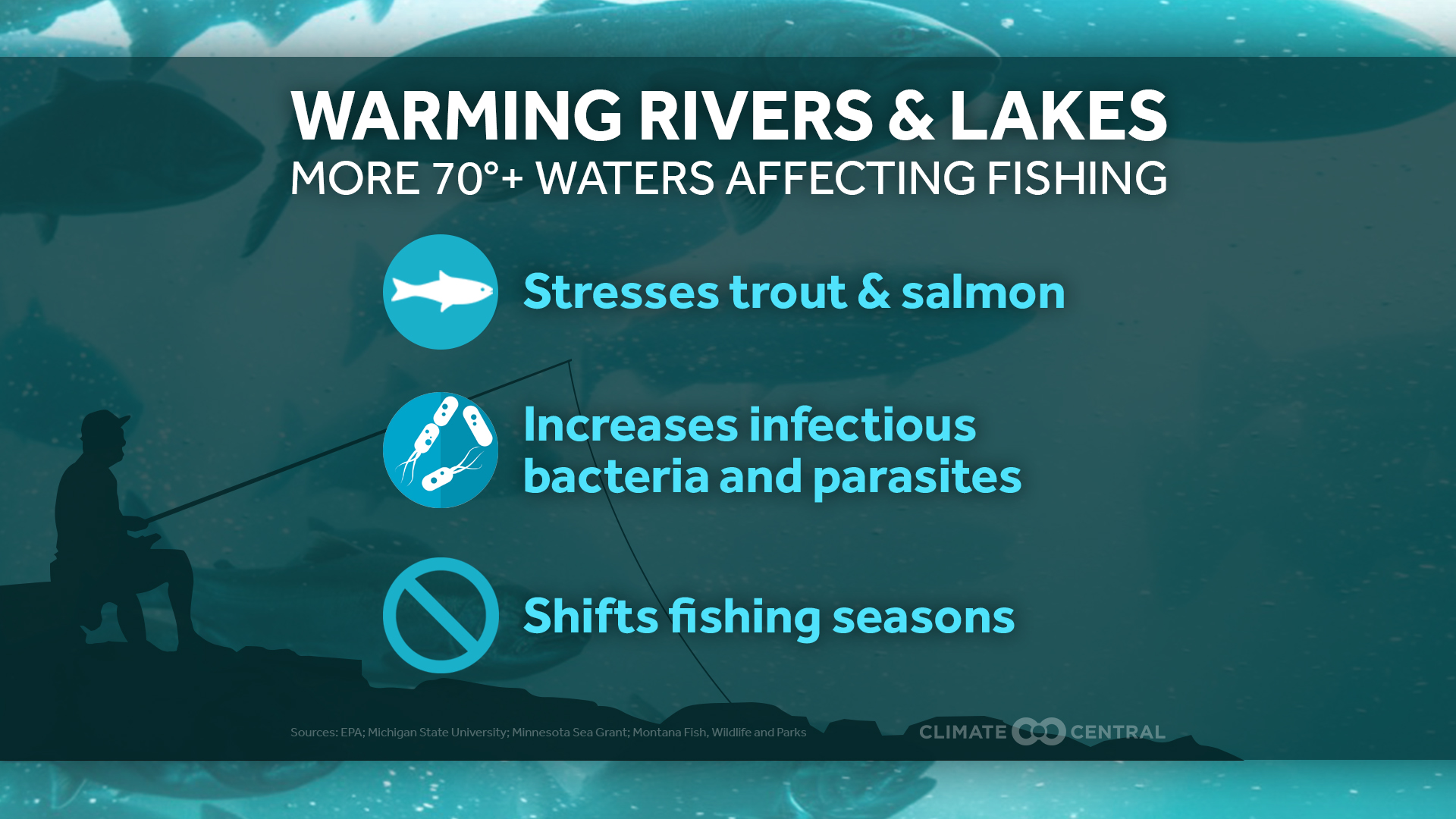Fishing impacted due to climate change
The rising ocean temperature and increased acidity makes it difficult for marine organisms such as shrimps, oysters, or corals to form their shells – a process known as calcification. Many important animals, such as zooplankton, that forms the base of the marine food chain also have calcium shells. The entire marine food web is being altered and may result in ‘cracks in the food chain’. As a result, the distribution, productivity, and species composition of global fish production is changing, generating complex and inter-related impacts on oceans, estuaries and sea grass beds that provide habitats and nursery areas for fish.Climate change has taken a toll on several of the world’s fisheries, and overfishing has magnified the problem, researchers have warned. The study, published in the journal Science, suggests that ocean warming has led to an estimated 4.1 per cent drop in sustainable catches, on average, for many species of fish and shellfish from 1930 to 2010. In five regions of the world, including the East China Sea and North Sea, the estimated decline was 15 to 35 per cent, according to the study.
“We recommend that fisheries’ managers eliminate overfishing, rebuild fisheries and account for climate change in fisheries management decisions,” said Chris Free, who led the research at Rutgers University. Overfishing not only makes fisheries more vulnerable to ocean warming, but continued warming will hinder efforts to rebuild overfished populations, the study suggested.
For the study, the scientists studied the impact of ocean warming on 235 populations of 124 species in 38 ecological regions around the world. Species included fish, crustaceans such as shrimp, and molluscs such as sea scallops. The links between fisheries and their ecosystems are deeper and more significant than
those that exist in common agriculture.





